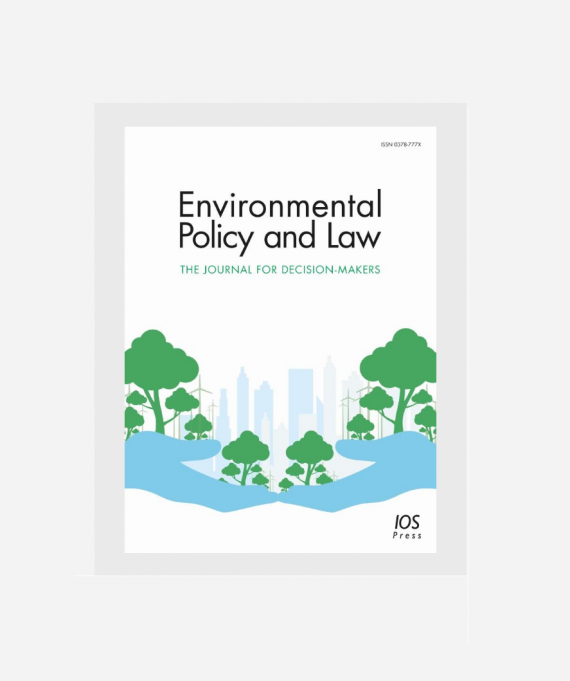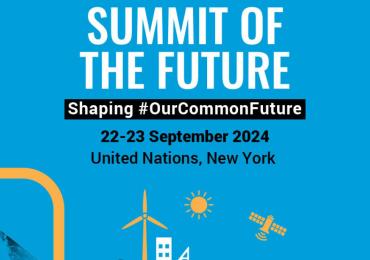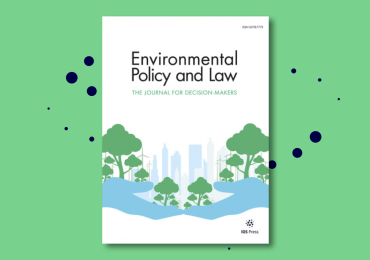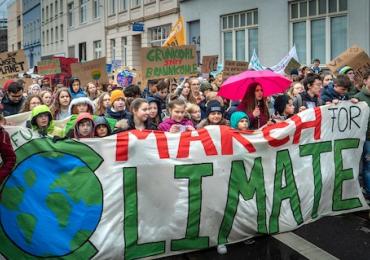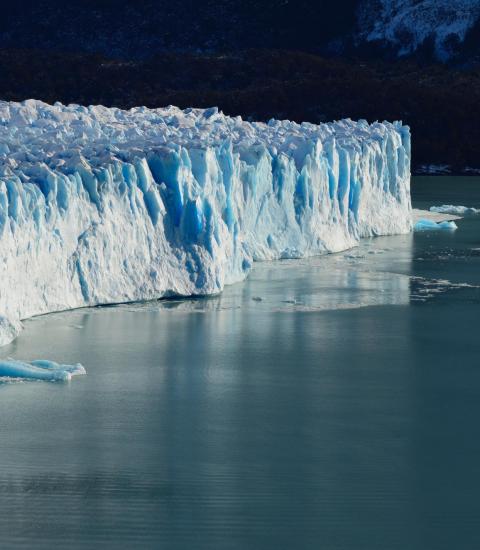
[Author: Carmel McNamara, IOS Press]
Amsterdam, NL – We are pleased to announce that the latest issue of Environmental Policy and Law (EPL) has been published online. This issue includes six research articles covering law and policy from a global, regional, and national perspective. The global developments section focuses on the climate crisis and the impact on global communities and livelihoods. Here, we highlight one paper in particular that focuses on the threats to the Inuit people's survival.
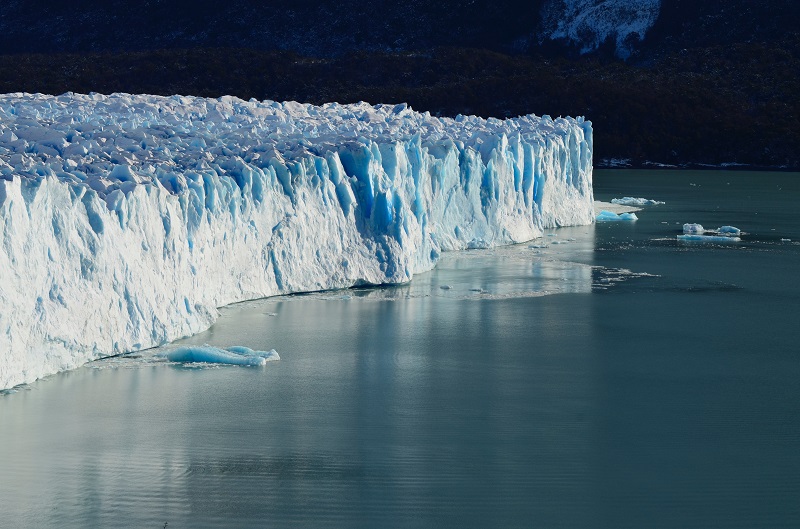
We invite you to read this extract of the ice-melt article by researchers Sandrine Le Teno and Christine Frison. “Climate change has increasing visible effects on the environment, particularly in the Arctic, where the sea-ice melted faster in 2020 than any time before. It directly threatens the Inuit people’s survival, whose livelihood is mainly based on traditional modes of subsistence (hunting, fishing and gathering). In light of the environmental crisis, we carry out a critical analysis of the Nunavut (Canada) legal framework, granting Inuit specific rights regarding their traditional way of life. While recognizing that this framework implements international human rights legal standards, we argue that the human right lens presents limitations in addressing climate change impacts on Inuit livelihood. By acknowledging the developments following the adoption of the United Nations Declarations on the Rights of Indigenous Peoples and on the Rights of Peasants and Other Peoples Living in Rural Areas, leading to the recognition of some collective rights to communities and people living of the land, we address the gaps of human rights – which are mainly individual – to reflect the importance of recognizing collective rights in the adaptation to the global climate change challenge.” Read the full paper here.
New issue: EPL Volume 51, Issue 4
This new issue sees content published in a number of key sections of the journal, under the headings:
- Global Law and Policy
- Regional Law and Policy
- National Law and Policy
In total, we have six research articles. The issue opens with the global developments section, on climate change. This includes: a contribution about the adverse effects of “climate change, public insecurity, and law” in the wake of growing environmental conflicts involving water resources in Brazil; the above-featured paper focusing on adverse effects of climatic change in the Arctic region, where the sea-ice melted faster in 2020 than any time before; and an article on how plastic wastes and marine litter has emerged as a new threat to the human environment and the oceans.
In the regional developments section, an open access paper highlights the threats emanating from use of lead ammunition to the health of humans, wildlife, and the environment.
The final section on national developments features content that looks at the “precautionary principle” in court settlement of civil environmental cases in Indonesia and highlights the magnitude of the “plastic pollution” problem in India and the role UNEP is playing in addressing some concerns.
